Central Asia – EU Summit: Architecture of new cooperation or tactical alignment? Expert opinions on Caliber.Az
The "Central Asia – European Union" summit took place in Samarkand, Uzbekistan, gathering regional leaders and senior EU officials. The event was attended by European Council President António Costa, European Commission President Ursula von der Leyen, the presidents of Central Asian countries, and leaders of the European Investment Bank.
The main topics of discussion included joint projects in innovation, green energy, transportation, agriculture, digitalisation, as well as cultural and educational exchange.
Why is the summit so important for Europe right now? What dominates the discussions – political maneuvering or constructive economic cooperation with Central Asia? How do the representatives of the region assess the summit?
To answer these questions, Caliber.az asked experts from Uzbekistan, Kazakhstan, and Kyrgyzstan.
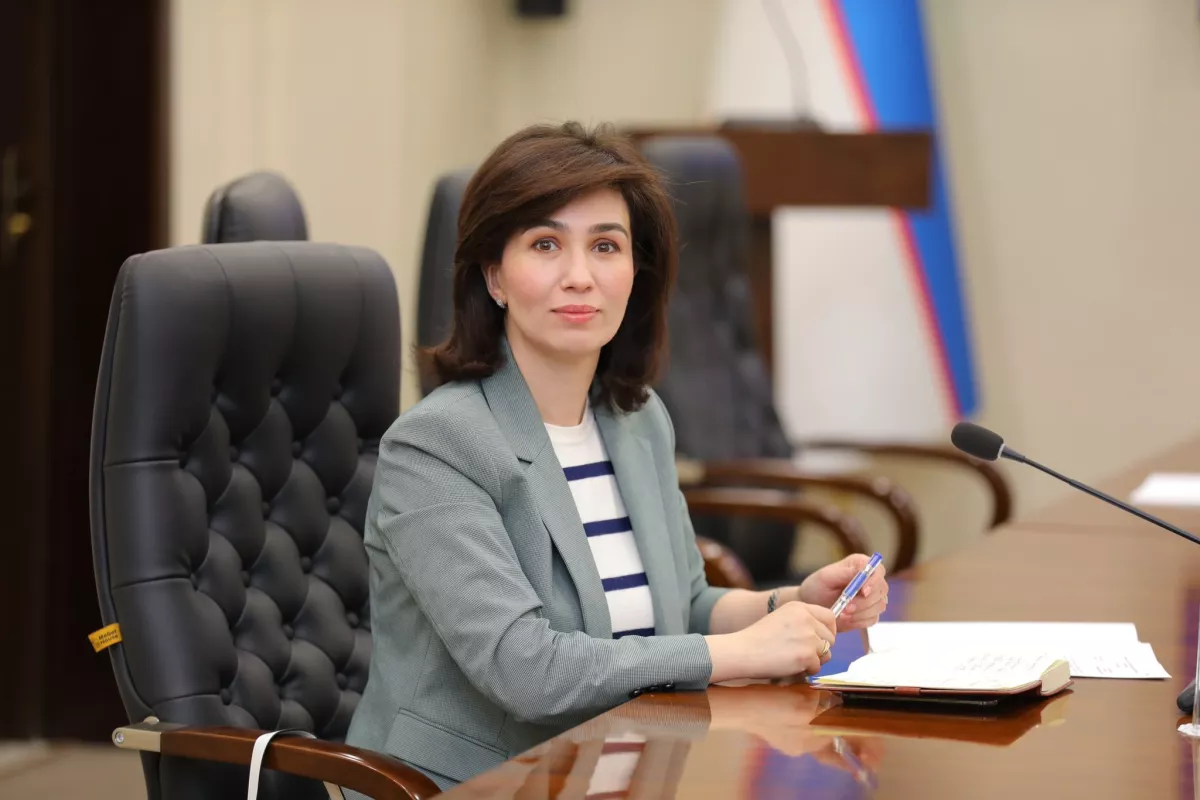
Uzbek political scientist, Vice-Rector for Science and Innovation at the University of World Economy and Diplomacy, Doctor of Law, and Professor Gulnoza Ismailova believes that the first "Central Asia – European Union" summit is considered a crucial stage in the formation of a new level of interregional cooperation.
"President of the Republic of Uzbekistan Shavkat Mirziyoyev emphasized that the relationship between Central Asia and Europe, rooted in a rich historical foundation, is now acquiring new meaning, developing rapidly and consistently. The summit’s agenda was extensive, covering a wide range of topics—from political dialogue to economic partnership. The adoption of the Samarkand Declaration became a solid foundation for deepening ties and building a strategic partnership," noted the expert.
Special attention was given to expanding investment cooperation, increasing trade turnover, and implementing joint initiatives in areas such as innovation, green energy, natural resource management, agriculture, digital transformation, transportation, and logistics.
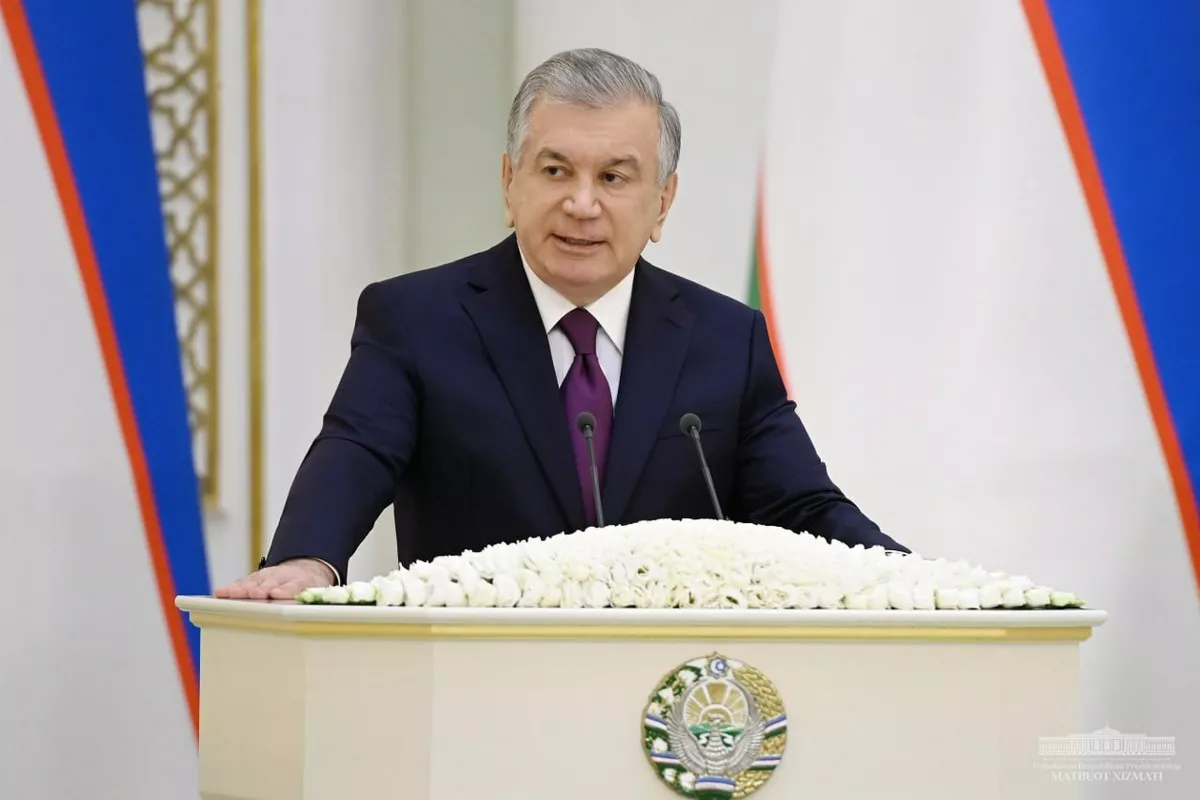
President Mirziyoyev emphasized that over the past seven years, the trade volume between Central Asian countries and the European Union has multiplied, reaching 54 billion euros—this reflects real progress and growing interest from both sides in deepening economic ties.
According to the expert, the European Union’s focus on cooperation with Central Asia is currently driven by several factors.
Firstly, Central Asian countries are demonstrating steady development, implementing reforms, and strengthening regional integration, which makes them attractive partners for the EU.
Secondly, Central Asia plays a crucial role in ensuring stability and security in the Eurasian space. The EU is interested in maintaining peace and resilience in the region.
Thirdly, cooperation on issues such as climate change, green energy, and sustainable management of natural resources has become a key point of convergence between the two regions.
Fourthly, amid global geopolitical turbulence, Central Asia is seen as a promising transit hub within new corridors between Europe and Asia.
"President Mirziyoyev, in an interview with Euronews, described the 'Central Asia – European Union' format as a unique platform for interaction, unmatched in scale and institutional reach. The uniqueness of this cooperation lies in its magnitude: 27 European countries and the Central Asian states with their strong economic, resource, and human potential. This partnership is especially relevant against the backdrop of global challenges—fragmentation of the world economy, climate risks, and intensifying competition for resources and technologies.
The holding of the summit in Samarkand was not only a recognition of Uzbekistan’s growing role in international affairs but also the starting point of a new reality in the relationship between Central Asia and the EU—one based on trust, mutual benefit, and a commitment to sustainable development," emphasized Ismailova.
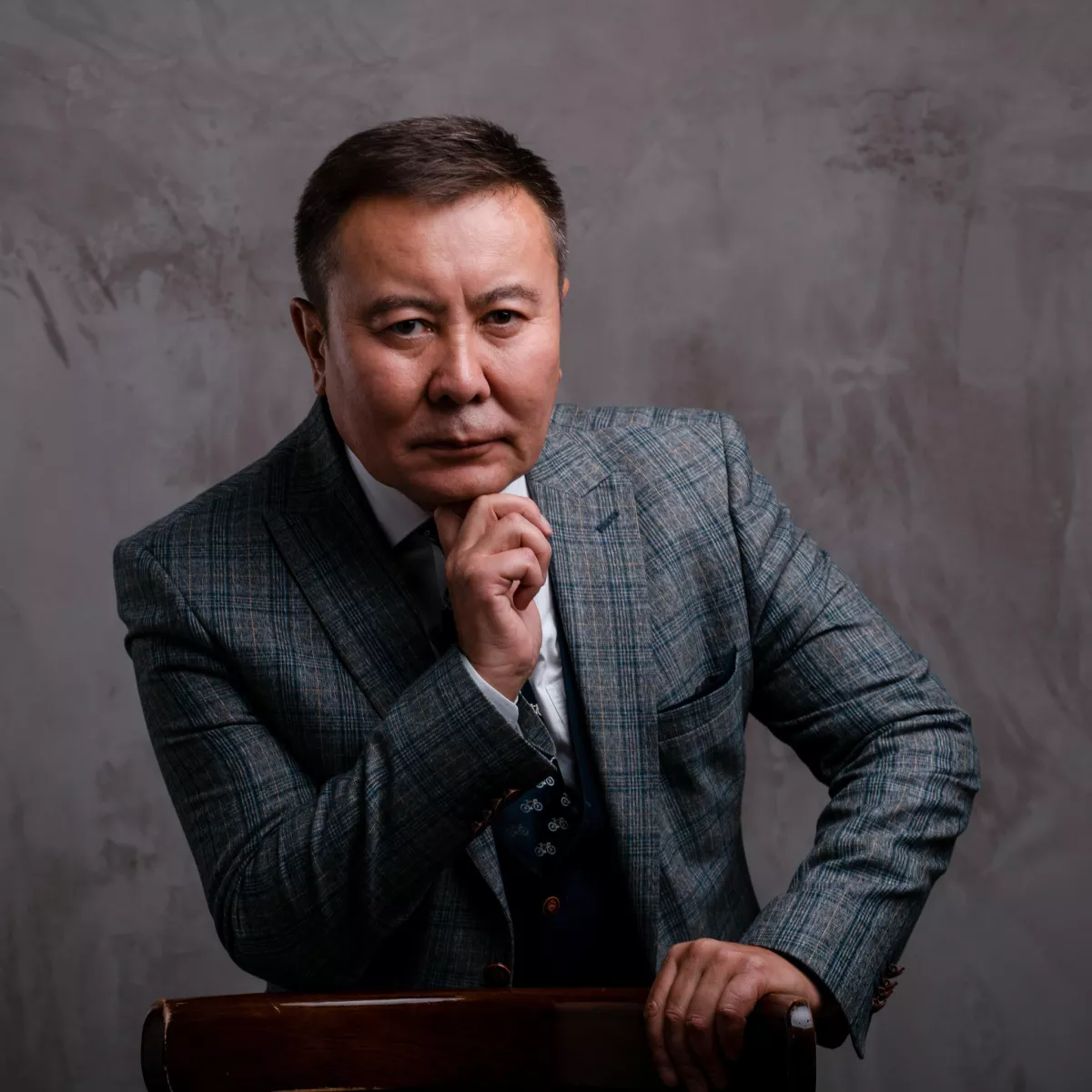
According to Talgat Kaliyev, a political science candidate and member of the National Kurultai under the President of Kazakhstan, the "Central Asia – European Union" summit format did not emerge recently but was planned long before the current events and is successfully functioning. It plays an important role in developing relations with Central Asian countries. The Trans-Caspian corridor was mentioned several times in the summit's agenda, with countries such as Azerbaijan and Kazakhstan recognized as "middle powers."
"Although the summit took place amid the trade war initiated by the United States, its main objective—to develop relations and strengthen the positions of the region's countries—remains unchanged. However, undoubtedly, there have been some adjustments, and the intensification of these processes is also evident. And since it took place against the backdrop of all these events, it is likely that discussions on this matter also took place on the sidelines.
The summit serves as a platform where middle powers gain new subjectivity, and Central Asia increasingly moves away from the periphery, becoming an important geopolitical center. This means that the region’s role will be defined as such formats develop, with countries here learning to act synchronously, maximizing the benefits from this synergy.
Shortly before the summit, President of Uzbekistan Shavkat Mirziyoyev visited Kazakhstan. This visit can be seen as a sign of alignment, showing that Central Asian countries are capable of formulating a consolidated position, demonstrating the ability to reach agreements and a deep understanding of local interests.
Regarding the intersection with the South Caucasus, official summit releases note that the route discussed during the event passes through Azerbaijan, which, in this context, serves as a key link. The South Caucasus is integrated into the broader cooperation system, where countries in the region, united by common interests, are moving toward synchronized development and mutual benefit," Kaliyev observed.
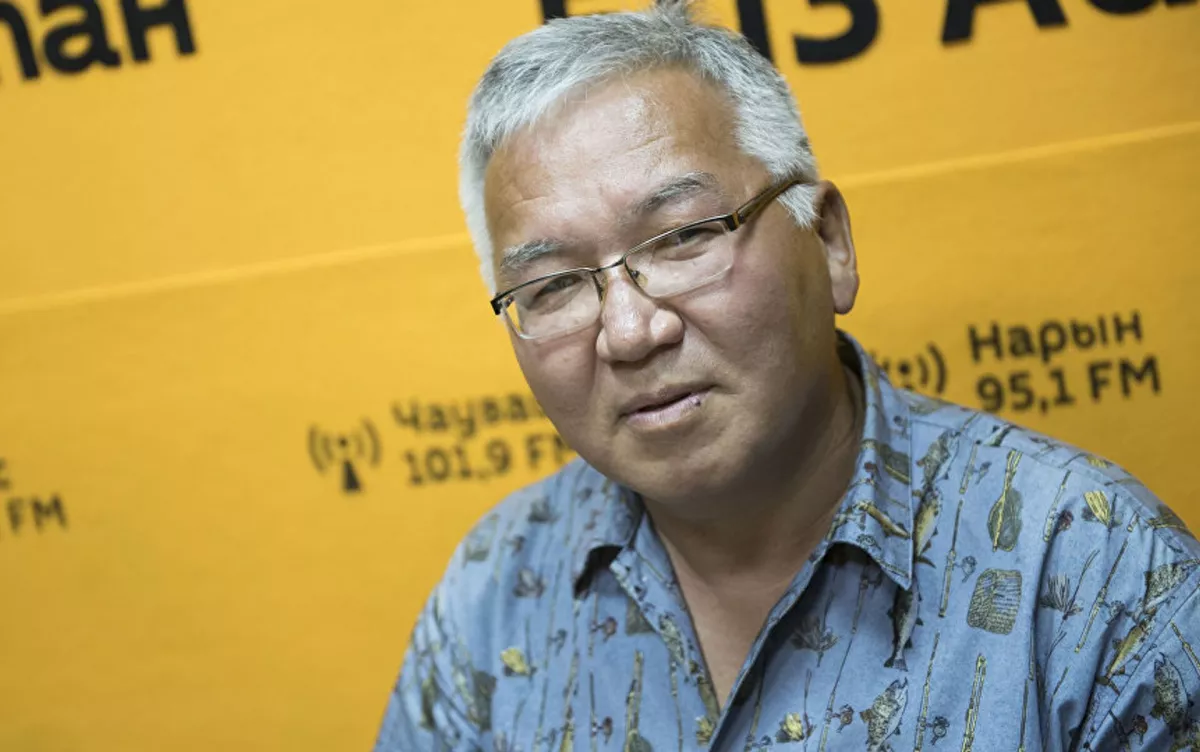
According to Kyrgyz political analyst and regional security expert Mars Sariev, there are grounds to believe that Western actions, particularly those of Europe, are based on a more constructive approach.
"Today's Europe has no intention of hindering the Silk Road, isolating Central Asia from China, or obstructing the independence of CIS countries. Moreover, there is an opinion that, in contrast to the United States, the European Union intends to expand cooperation with China and with regions of Eurasia beyond the Caspian. This rather demonstrates an interest in dialogue rather than confrontation.
Both Europe and the United States are primarily interested in access to rare earth elements, which are found in Kazakhstan and other Central Asian countries.
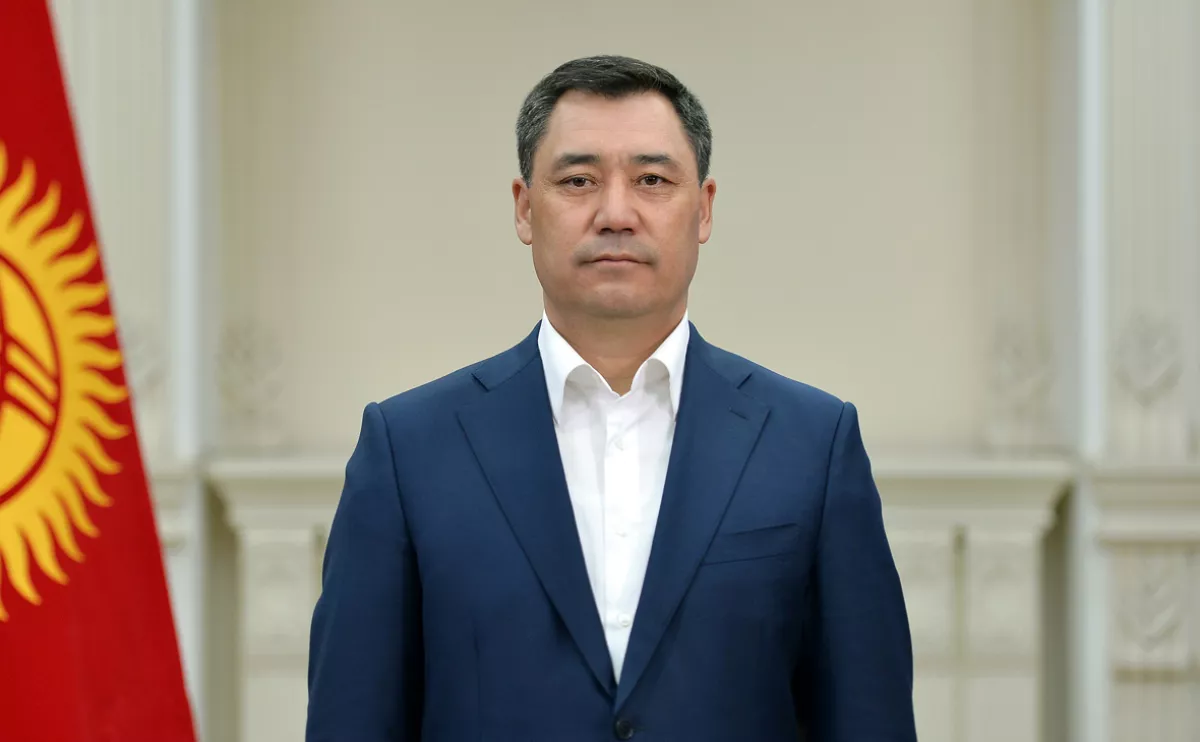
For instance, President Japarov emphasized that Kyrgyzstan also has significant reserves of rare earth elements and other minerals that Europe could tap into.
Today, China accounts for about 90% of global rare earth element supplies and has already imposed quotas on the United States, so the West is seeking alternative sources, including in Ukraine and Central Asia.
Therefore, there is no destructiveness here—in fact, this is beneficial for the countries of the region. Europe is a giant market and could become a reliable economic partner. Moreover, Europe is interested in dialogue with China and in transit through Central Asia, which further enhances its interest in cooperation," the expert noted.
Regarding the strategic level, Sariev believes that there is a so-called "two-handed game" taking place. On one hand, Trump calls for Europe to independently ensure its security, creating the appearance that the United States is distancing itself. However, in reality, the West acts as a unified and collective force.
This is a deliberate strategy: to encourage Central Asia and the Caucasus to gradually distance themselves from Russia. China is also interested in this, as it can use these corridors to directly access the European market, and Europe can access the Chinese market.
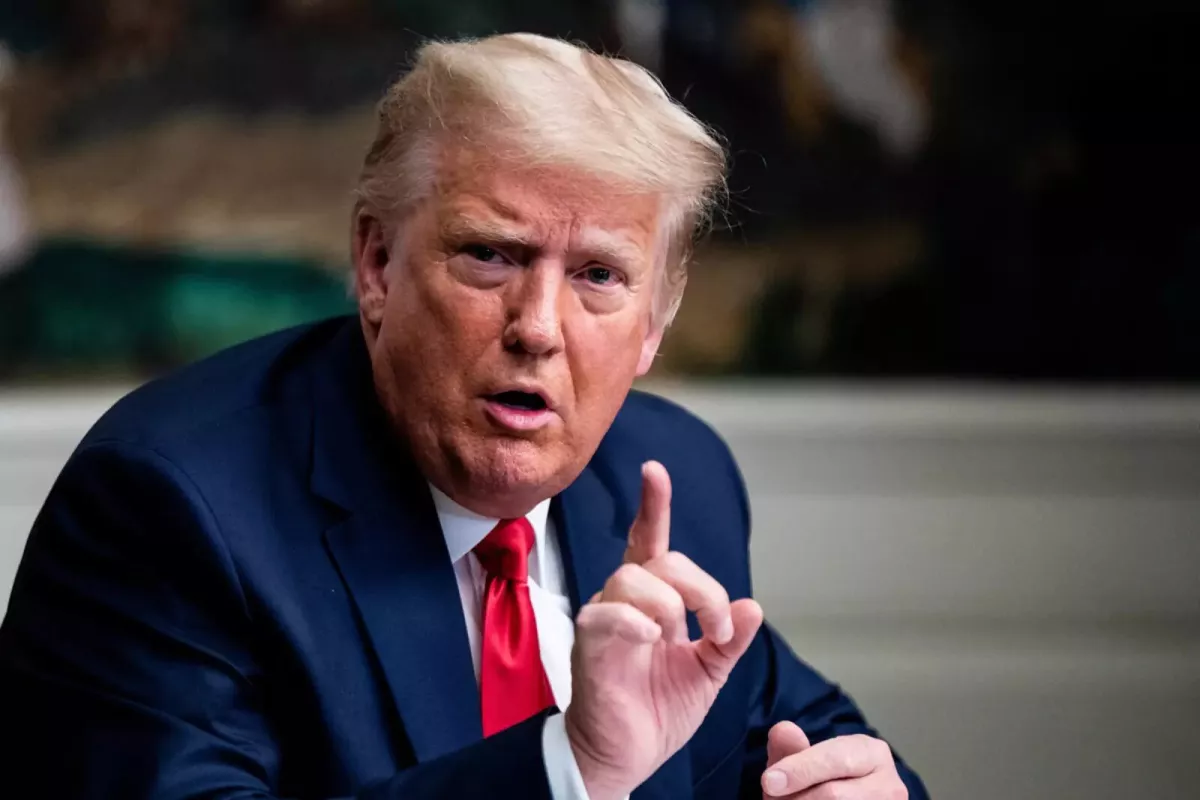
"A good example is the Zangezur Corridor. Today, Trump fully supports its opening and a peace agreement between Baku and Yerevan. US representatives have repeatedly expressed their interest in controlling this transport route. The opening of the Zangezur Corridor is a matter of time. Both the West and China are interested in it. It is the first land route connecting Turkic-speaking countries and a direct route between China and Europe. Therefore, this is not a confrontation but rather a convergence of interests," concluded Sariev.








